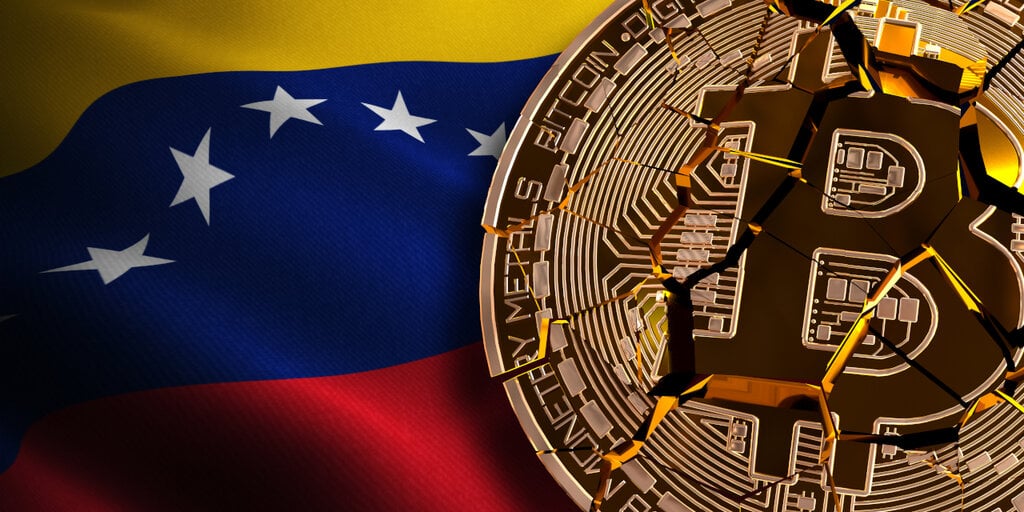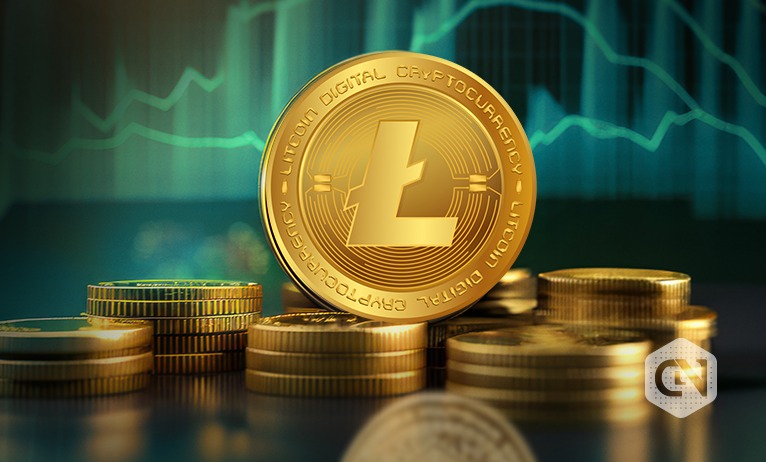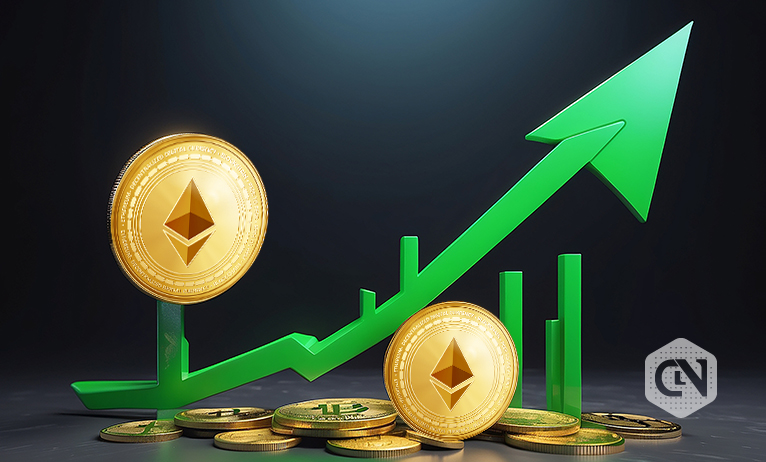The Impact of U.S. Sanctions on Venezuela’s Oil Industry
The oil industry in Venezuela is bracing itself for the return of U.S. sanctions after a six-month hiatus. The economic repercussions of this decision have prompted the South American nation to expedite its adoption of cryptocurrency in oil trading.
Political Context and License Revocation
The U.S., in a bid to ensure a fair presidential election in Venezuela in July, had issued General License 44. This license allowed transactions related to the country’s oil and gas sector operations. However, following the government’s ban on opposition candidate Maria Corina Machado, the U.S. is revoking this license.
Amidst the political unrest, Venezuela’s state-owned oil company PDVSA is ramping up its utilization of digital currencies in its exports of crude and fuel. According to sources cited by Reuters, this move is aimed at mitigating the risk of sale proceeds being frozen in foreign bank accounts due to the reimposed sanctions.
Accelerated Adoption of Cryptocurrency
Venezuela has been actively using cryptocurrencies for years, a fact confirmed by President Maduro himself. PDVSA, this year, transitioned many of its spot oil deals to a contract model that required prepayment for half of each cargo’s value in the USDT stablecoin, even during the lull in sanctions. The return of oil sanctions has only hastened this shift.
Moreover, PDVSA is reportedly mandating that any new customer engaging in oil transactions must hold cryptocurrency in a digital wallet to facilitate transactions.
Challenges and Considerations
While this move by PDVSA may appear to be more of a convenience-driven decision, it poses certain challenges. Tether, the backbone of USDT, has a history of blocking crypto addresses linked to sanctioned individuals. Recently, several such addresses were banned, highlighting potential hurdles in this cryptocurrency adoption process.
Allegations of corruption have plagued Venezuela’s venture into cryptocurrencies. A major scandal led to the detention of high-ranking officials, wanted by the U.S. for corruption charges, culminating in the demise of Venezuela’s native cryptocurrency.
Despite these challenges, Venezuela’s oil exports surged during the sanctions’ pause, with the nation exporting close to 1 million daily barrels, marking a four-year high. President Maduro remains resolute in the face of sanctions, emphasizing the country’s commitment to progress and peace.
Future Prospects and Caution
The shift towards cryptocurrency in oil trades signifies a pivotal moment for Venezuela as it navigates foreign sanctions. However, the reliance on intermediaries for transactions raises concerns about potential financial irregularities. Recent corruption scandals involving PDVSA executives, who allegedly concealed billions using cryptocurrencies, underscore the need for vigilance in the adoption of digital assets in oil trading.
Looking ahead, Venezuela anticipates continuing its oil contracts and project expansions during the 45-day interim period set by the U.S., followed by the requirement for specific licenses from potential clients, signifying a complex path ahead for the nation’s oil industry.
Image/Photo credit: source url





